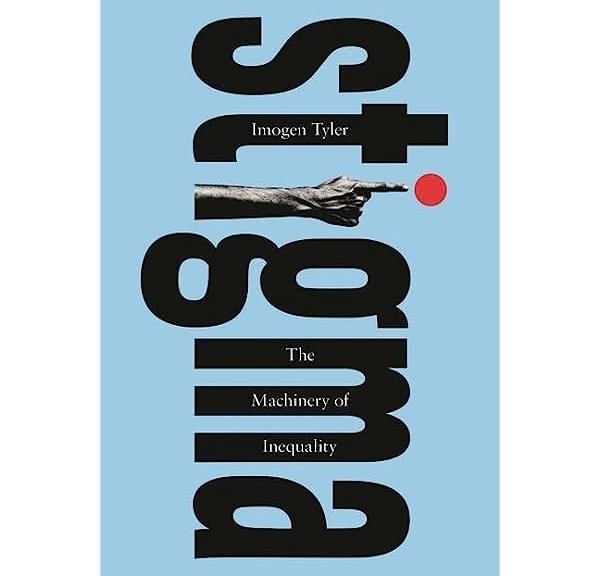There’s a near-complete unwritten rule that you should never read the ‘comments’ section of online Daily Mail articles.
Doctors who are the subject to sensational reporting in trusted media platforms such as the BBC, Daily Mail or Daily Express, for reason of being about to appear in front of the Medical Practitioners’ Tribunal Service, should be advised to follow that rule. The court of ‘public opinion’ includes a section of the population subscribing to the ‘lock ‘em up and throw away the key’ brigade. But this is not to airbrush that there are some doctors, previously registered, who have done unconscionable things while on the register, such as engracing their initials as surgeons into live organs. The medical regulator, the General Medical Council, like NHS England in its recent long term workforce plan, is wise to call for a ‘compassionate culture’ – but clearly this mandates mutual trust from all stakeholders involved (or included).
The NHS faces a record number of unfilled vacancies. The reasons for this are myriad. It is difficult, however, to deny a ‘culture of fear’ towards staff and regulators in the medical profession, especially given concerns of a racist atmosphere. There are doctors who have been ‘erased’ for five years, and who return with a full license to practise after five yeafrs. Unfortunately medical doctors become deskilled even after five weeks absent from routine clinical practise, and the reintegration required for doctors after at least five years is colossal. I got a feel for this when I returned to the register in 2014. Working practises had changed, including electronic prescribing, drugs themselves on hospital formularies (for example the introduction of monoclonal antibodies), and working hours. I felt that not only was a substantial extended induction was required for behaviours and skills in a contemporaneous clinical learning environment, but that a special return to practise programme for unanticipated leavers was needed for those unanticipated leavers like me.
Doctors who are removed from the medical register under law have to removed for five years at least, making any future professional rehabilitation close to impossible. The ’erasure’ of any doctor, whilst necessary to maintain high standards in patient safety, is in other senses a personal tragedy. Doctors and their friends or family experience a ‘social death’ and do become ostracised for years until they re-find their feet. Some of course never refind their feet. They are supposed to embrace ‘learning opporunities’ in other fields, but erased doctors always have a black blob against their name making professional rehabilitation in any sphere of life, for example accounting, the law, research or the media, difficult or impossible. To all intents and purposes, they are exposed to the very worst aspects of ‘cancel culture’. A further tragedy unravels, as the original factors such as poor practitioner health, for example anxiety, depression, or substance abuse, run the risk of being unaddressed, or a shortfall in knowledge and skills, or poor integration in social networks.
This prolonged period of disgrace is exacerbated by a marked institutional apathy towards a return to practise for unanticipated leavers in the medical workforce. They do not seem to be a priority for anyone, even given a worforce crisis. Prematurely entering the employment scrapheap, with individuals having invested time, effort and money into forming and consolidating a ‘medical identity’, is a complete waste – when they could be supported to solve the workforce crisis. Successive governments, irrespective of Brexit, have been addicted to the drug of outsourcing the professional maturation of clinicians to other jurisdictions. The exit from the European Union appears to have done nothing to promote the retraining of medical doctors. Whilst a scheme exists for nurses, no such scheme exists for doctors. Doctors who return to the General Medical Council return with a ‘spoiled identity’ or stigma, which far outlasts any criminal rehabilitation pursuant to the Rehabilitation of Offenders Act (1974).
I don’t deny that there are matters so egregious that it seems virtually impossible to give someone a ‘second chance’ in professional life. Likewise the alternative of no redemption or no forgiveness, or no further inclusion, reintegration or rehabilitation is hard to justify in terms of jurisprudence in the legal doctrine of proportionality – nor is justified in natural justice. I welcome public moves by companies such as Greggs or Timpsons, in the private sector, announced today. I think there should be a much more pro-active approach to embracing learning opportunities from mistakes or misfortune, and this will be for the growth of the medical profession I feel. The medical regulator, the General Medical Council, to embrace compassionate and inclusive cultures, with advances in medical education, and the current employment climate in the NHS, should consider carefully what the legal function of erasure is.


